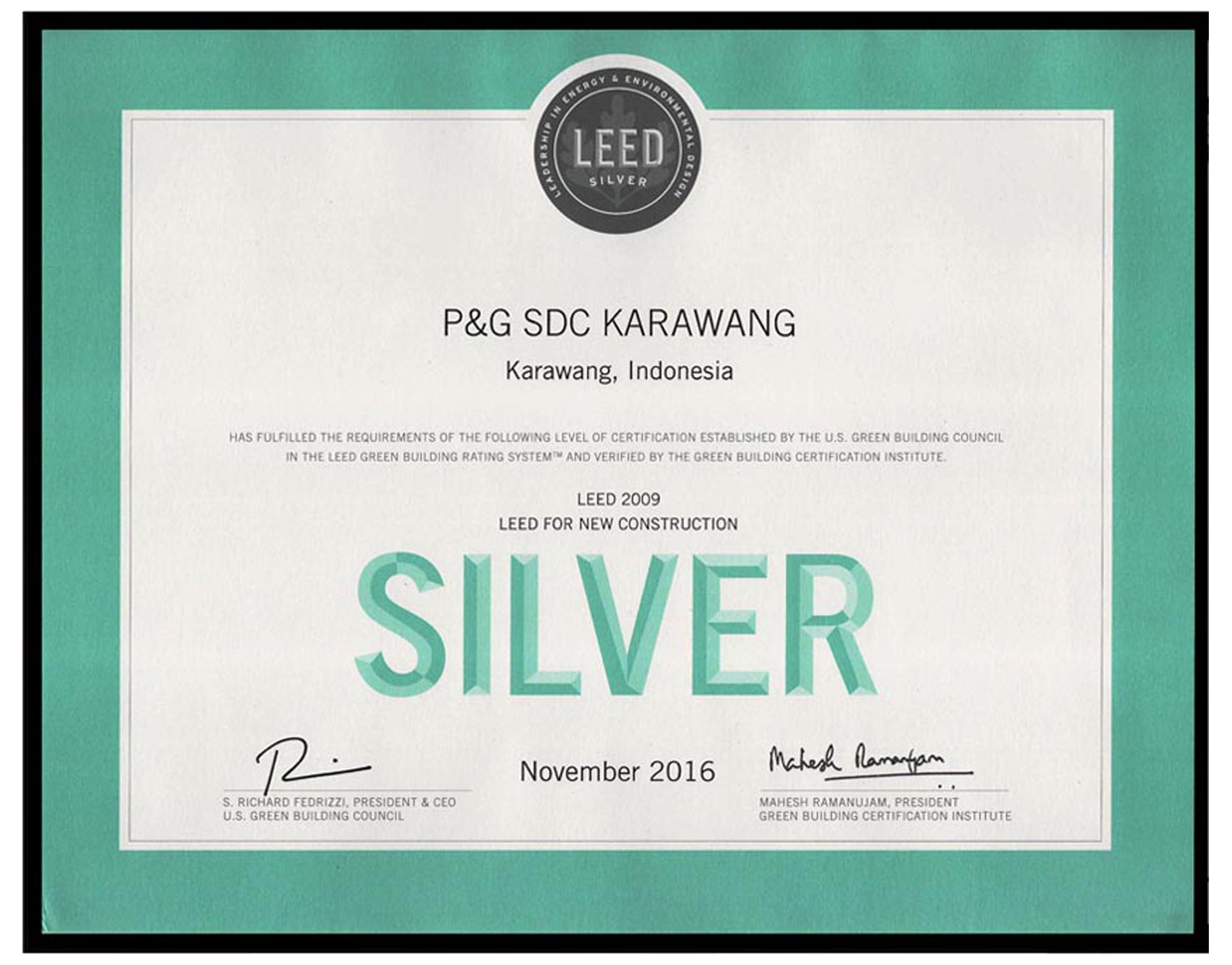Leadership in Energy Environmental Design ( LEED )
LEED (Leadership in Energy and Environmental Design) is an internationally recognized green building certification system. This voluntary (and market driven) system was originally designed and developed by the United States of Green Building Council (USGBC) since 1
998. It assesses energy, technology and green building efficiency from the aspect of design, construction and operational. Moreover, it quantify the impact of the building towards its surrounding environment as well as occupant. LEED has rapidly grew not only in the US but also in wide South East Asia region. According to USGBC, the environmental impact of the building design,construction and operations industry is enormous. Buildings globally consume nearly 40% of the total energy and they contribute almost one-third of global greenhouse gas emission. Several studies conducted between 2003 through 2008 found that LEED green buildings When compared with general commercial buildings have the potential to save energy use up to 50%,reducing 39% of CO2 emissions, generate water reduction by 40%, while prevent solid waste generation nearly beyond 70% in average.



